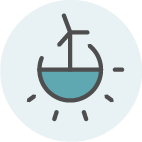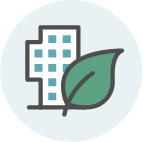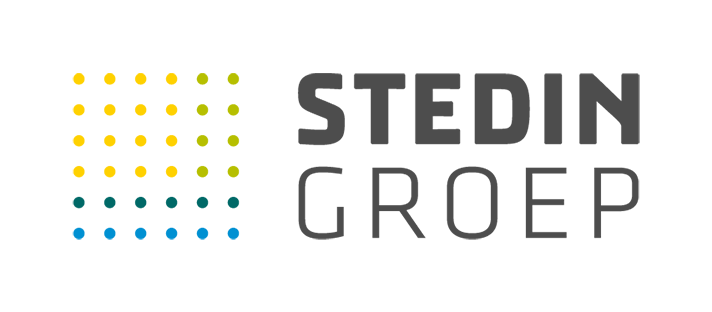What have we learnt
This was a momentous year with many unexpected events, but above all, 2020 was a year in which we learnt a great deal on the way to realising our strategy.
 Improved grid management
Improved grid management
We are continually examining how we can further improve our service provision. Initiatives such as 'Customer-oriented connections' and 'Multidisciplinary' exemplify how we are seeking to make grid management better, easier, cheaper and smarter. Achieving this sometimes requires us to dare to look at a supply chain in an entirely and fundamentally different way. The new strategic initiative Efficient Failure Response Procedure constitutes an example of this. We are keenly aware that the aforementioned initiatives embody major changes and that it takes time to live through the idea, to absorb the change and to actually implement it. Consistent control and coordination with the internal and external stakeholders we involve are highly important.
 Facilitating the energy transition
Facilitating the energy transition
We are ceaselessly growing our knowledge of how Stedin can contribute to the energy transition. Data are becoming increasingly important in a dynamic energy system that encompasses numerous parties. We learnt in the past year that we can still take a significant step forwards in the quality of our data, enabling us to reliably quantify our grids and produce better forecasts. The strategic initiatives 'System Operator' and 'Sustainable energy transition' focus on improving data and forecasts so that we will ultimately have greater control over the energy system. Data can be understood in multiple ways in this regard. On the one hand, this concerns data in our systems, such as the capacity of a particular transformer or a good configuration of a transformer in our system. The current situation at our customers and stakeholders is another important source of data for our forecasts. In 2020, we saw municipalities focusing mainly on the Regional Energy Strategy, and we expect their focus to shift in 2021 to the Heating Transition Vision. We have seen that community development aids us hugely in learning and deploying these lessons. At the same time, we are seeing that making residential districts more sustainable remains a difficult issue, with major successes taking a long time to materialise.
 Sustainable business operations
Sustainable business operations
2020 was a momentous year, especially due to COVID-19. Agility has proved to be a major strength in this context. We have learnt how well we can cooperate on a shared goal with all stakeholders as a single team. Work was carried out swiftly, flexibly and highly confidently during this crisis. This also immediately offers an opportunity with regard to other issues. How can we deploy these strengths on other complex issues such as, for instance, the energy transition or digitalisation? We are seeing that the energy transition requires us to move more flexibly with developments and our customers' requirements. With the annual planning cycle that we have at present, we are insufficiently able to accommodate the dynamism of the energy transition and tailor the deployment of our people to this. That is why we are developing a quarterly process that enables us to deal more flexibly with changes and to more effectively deploy our employees.

